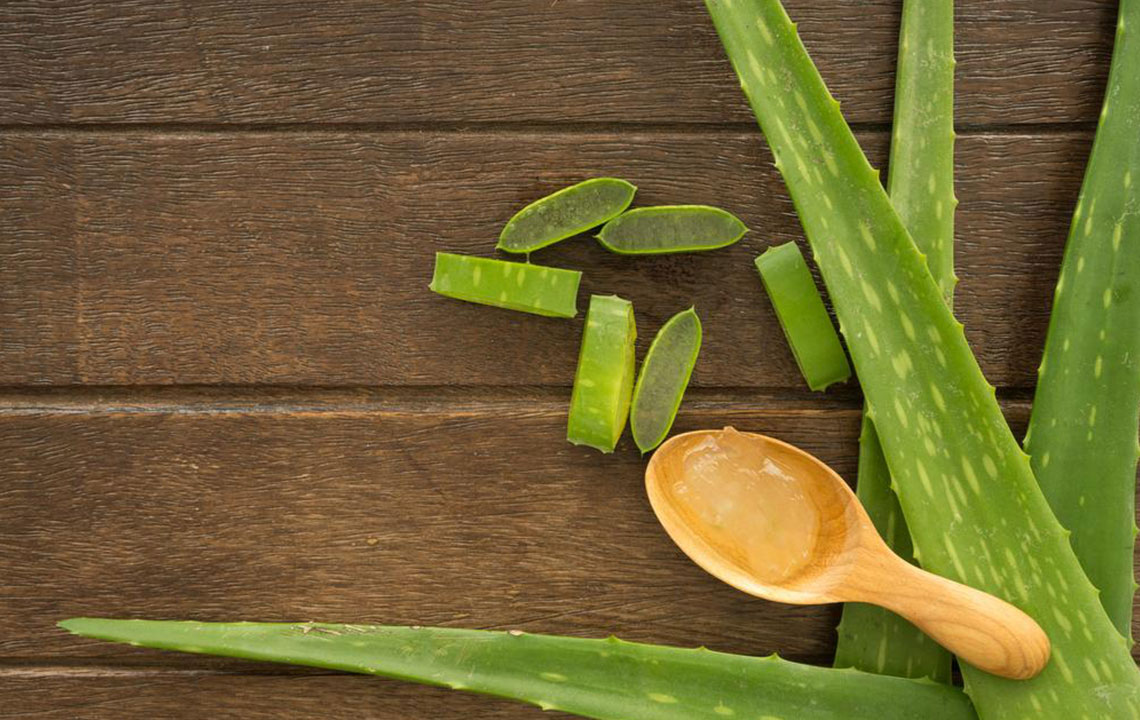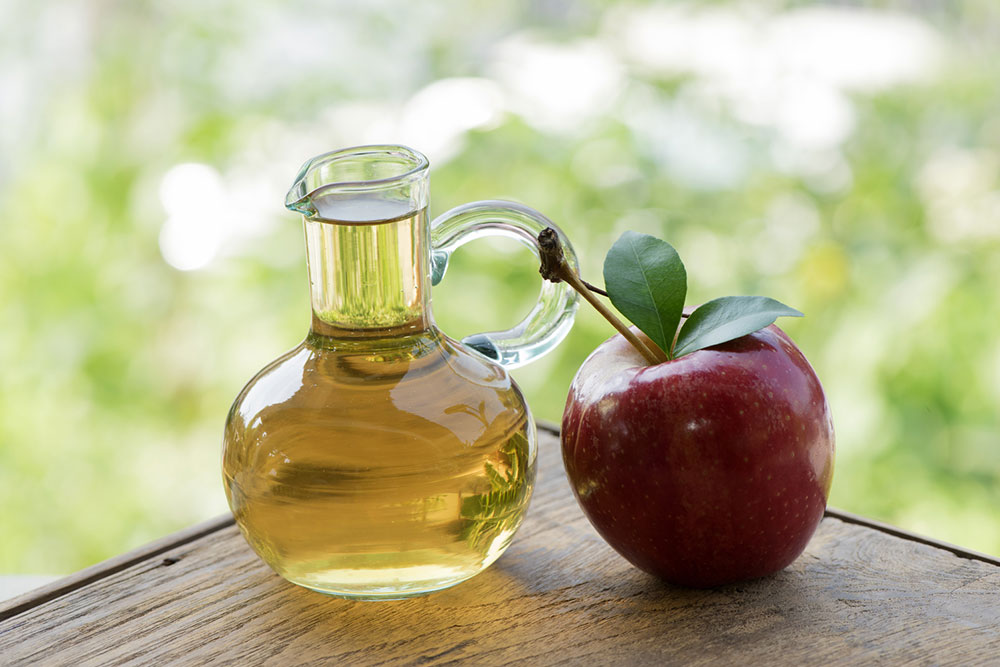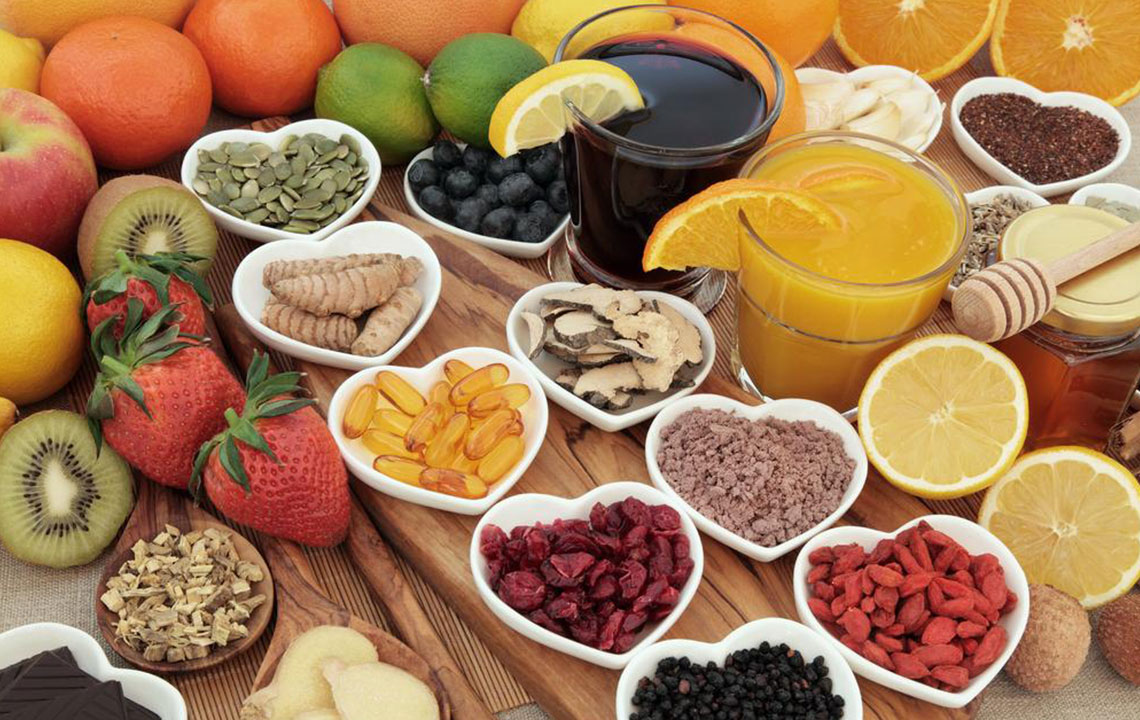Natural Strategies to Alleviate Enlarged Prostate Symptoms Effectively
Discover effective natural remedies and lifestyle strategies to manage prostate enlargement symptoms. From dietary changes like tomato and pumpkin seeds to herbal treatments like stinging nettle, this comprehensive guide offers holistic approaches for men over 40. Incorporate these natural methods alongside medical advice to enhance prostate health, reduce urinary discomfort, and improve quality of life. A balanced regimen involving exercises, diet, and herbal supplements can significantly support prostate wellness and ease the symptoms of BPH naturally.

Holistic Natural Methods to Manage Enlarged Prostate Symptoms
The prostate gland, roughly the size of a walnut and encircling the urethra, plays a vital role in male reproductive health. Its primary function is to produce seminal fluid that nourishes and transports sperm, contributing to fertility and overall reproductive efficiency. However, as men age, particularly over 40, the prostate often experiences benign enlargement, a condition medically known as benign prostatic hyperplasia (BPH). BPH involves the non-cancerous growth of prostate tissue, which can lead to a range of urinary problems, including difficulty urinating, weak stream, frequent urge to urinate, nocturia (nighttime urination), and even urinary infections. While conventional medical treatments—such as medications and surgical procedures—are available, many men seek natural and supportive remedies to manage symptoms more holistically. This article explores various natural approaches, lifestyle modifications, and dietary strategies that can help alleviate prostate enlargement symptoms and promote prostate health naturally.
For men aged over 40, prostate enlargement is a common health concern that can significantly impact quality of life due to urinary issues. Consulting a healthcare professional is essential to diagnose and determine the most appropriate treatment plan, which could involve lifestyle changes, medications, or surgical options. In addition to medical management, several natural remedies and lifestyle adjustments can provide symptom relief. Incorporating these natural methods into your daily routine can enhance prostate health, reduce discomfort, and possibly delay or prevent the progression of BPH. A holistic approach combining medical guidance and natural therapies offers the best chance for effective symptom management and improved well-being.
Pelvic Floor Strengthening Exercises
Engaging in targeted pelvic exercises, such as Kegel exercises, can strengthen pelvic floor muscles, improve bladder control, and facilitate easier urination. These exercises involve contracting and releasing the pelvic muscles, which support the bladder and prostate. To perform Kegel exercises, lie on your back or sit comfortably, tighten the pelvic muscles as if trying to stop urination midstream, hold for 5-6 seconds, and then release. Repeat for 15 repetitions, multiple times a day. Consistency is key to seeing benefits. Men with chronic prostatitis or prostate-related issues should consult their healthcare provider before starting any new exercise regime to ensure safety and appropriateness.
Pumpkin Seeds for Prostate Health
Incorporating pumpkin seeds into your diet can be a simple and effective natural remedy for prostate health. Pumpkin seeds are rich in phytosterols, which have been shown to support prostate tissue health and reduce enlargement. Consuming a handful of raw or roasted pumpkin seeds in the morning and evening can provide a natural boost to prostate function and help alleviate symptoms associated with BPH. The seeds are also packed with zinc, magnesium, and healthy fats, which are beneficial for overall prostate health and hormone regulation.
Stinging Nettle and Its Therapeutic Benefits
The leaves of stinging nettle have been used in traditional medicine for centuries due to their anti-inflammatory and diuretic properties. A tea brewed from dried nettle leaves—about 10 grams steeped in hot water—can be consumed twice or thrice daily to alleviate urinary symptoms, reduce prostate swelling, and diminish inflammation. Some men prefer taking standardized nettle root extracts, which are available as supplements, but it’s essential to consult a healthcare provider before starting any herbal supplement regimen to ensure proper dosage and safety.
Beta-Sitosterol: A Natural Phytosterol for Symptom Relief
Beta-sitosterol is a plant-derived compound found naturally in many vegetables, nuts, and seeds. It has been extensively studied for its ability to improve urinary flow, reduce residual urine, and alleviate symptoms associated with BPH. As a supplement, beta-sitosterol offers a natural approach to prostate management. However, users should seek medical advice prior to starting supplementation, as its effects and interactions vary among individuals. Long-term safety data is still being collected, so professional guidance is crucial.
Dietary Inclusion of Soy Products
Adding soy-based foods such as tofu, soy milk, and edamame to your diet introduces phytoestrogens—plant-derived compounds that can mimic estrogen. These phytoestrogens may help modulate testosterone levels and inhibit the growth of blood vessels that feed prostate tumors, thereby supporting benign prostate health. Replacing red meats with soy products not only benefits prostate health but also contributes to balanced dietary habits and reduces intake of saturated fats. Regular consumption of soy may be a valuable part of an overall prostate-friendly diet.
Corn Silk Tea for Urinary Comfort
Traditionally used in herbal medicine, corn silk tea offers anti-inflammatory and diuretic properties that can soothe urinary tract tissues and reduce prostate swelling. Preparing corn silk tea involves steeping dried corn silk in hot water for about 10 minutes. Regularly drinking this herbal infusion can help improve urine flow, reduce symptoms of urinary urgency, and diminish discomfort. It is a natural, gentle alternative that supports urinary health and may prevent complications related to prostate enlargement.
Apple Cider Vinegar: A Natural Remedy
Known for its astringent and anti-inflammatory properties, apple cider vinegar may contribute to shrinking prostate size and preventing urinary infections. To harness these benefits, mix two tablespoons of natural apple cider vinegar with a teaspoon of honey in a glass of warm water and drink daily. This simple remedy can help balance pH levels in the urinary tract, promote detoxification, and support overall prostate health. However, it is advisable to consult your healthcare provider before making apple cider vinegar a daily habit, especially if you have underlying health conditions.
Tomatoes and Lycopene for Prostate Support
Tomatoes are rich in lycopene, a powerful antioxidant that can significantly reduce inflammation and lower prostate-specific antigen (PSA) levels. Increased intake of raw tomatoes or tomato-based products like sauces and soups has been linked to improved prostate health. Regular consumption helps neutralize free radicals, support cell repair, and potentially reduce the risk of prostate progression or related complications. Incorporating tomatoes into your daily diet is a simple and tasty way to support prostate health naturally.
Zinc-Rich Foods for Prostate Function
Zinc is a vital mineral involved in maintaining healthy prostate tissues and supporting immune function. A deficiency in zinc has been associated with prostate enlargement and inflammation. Including zinc-rich foods such as oysters, beans, pumpkin seeds, yogurt, and lean meats can help maintain optimal zinc levels. In some cases, supplementation may be considered under medical supervision to further support prostate health. Ensuring adequate zinc intake is crucial for cellular repair, immune function, and hormonal balance in men.
Comprehensive Lifestyle Modifications for Prostate Wellness
Consuming fatty fish like salmon, mackerel, and sardines, which are high in omega-3 fatty acids that reduce inflammation and support prostate health.
Limiting red meats, processed foods, and starchy snacks that can aggravate prostate symptoms and promote inflammation.
Reducing or eliminating alcohol and caffeine intake, both of which can irritate the bladder and worsen urinary symptoms.
Practicing deep breathing, mindfulness, and maintaining good posture to reduce stress and improve overall hormonal balance.
Adopting an active lifestyle through regular exercise, which can aid in weight management and improve urinary function.
By making these adjustments and integrating natural remedies, men can take proactive steps toward managing enlarged prostate symptoms holistically. Always consult healthcare professionals before undertaking any significant dietary or exercise changes, especially when dealing with prostate health.




